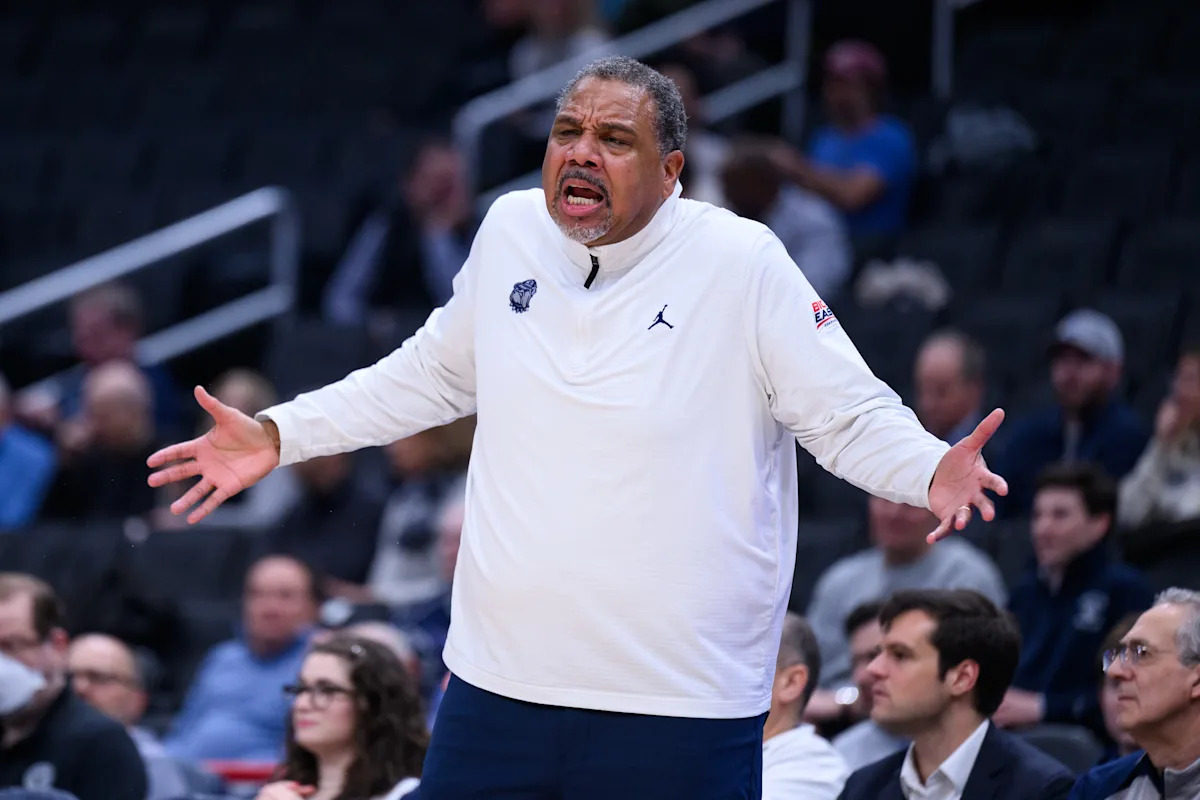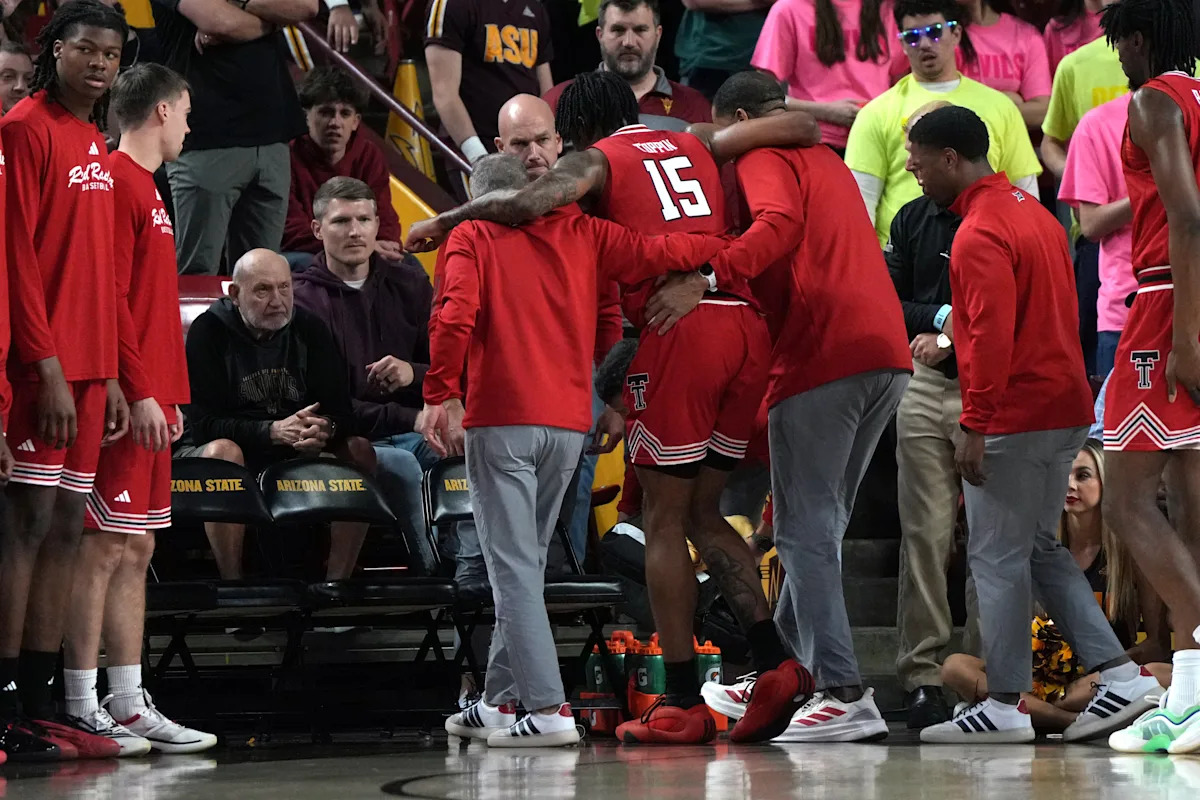The prediction market Kalshi has caught the attention of the NCAA, which issued a letter last week requesting changes to how Kalshi describes its sports markets and seeking clarification on integrity safeguards against gambling risks.
College athletics’ governing body is sensitive to the appearance of a relationship between itself and Kalshi, which is not classified as a gambling service but allows users to predict outcomes and profit from them.
What is the NCAA’s gripe?
In the letter — shared by several reporters on social media — NCAA Senior Vice President and Chief Legal Officer Scott Bearby asked Kalshi to adjust the phrase “Outcome verified from NCAA” to “Outcome sourced from NCAA.com,” citing concerns that the original wording implied a partnership.
Bearby also asked about Kalshi’s stance on prop betting and whether it would consider forbidding such markets or cooperating with NCAA investigations.
Sports gambling analyst Dustin Gouker said the letter signals a reluctant acknowledgment that prediction markets aren’t going anywhere.
“They’re trying to prepare for the world where prediction markets are here and they’re here to stay,” Gouker said. “The NCAA probably doesn’t like that prediction markets exist. They can’t sit here and say, ‘This is bad, this is evil,’ because they can’t stop it. So they are preparing for a world where, ‘we may not like this, but we have to deal with this reality that is here.’”
In a statement to The Athletic, a Kalshi spokesperson said, “Kalshi has strong market integrity provisions because we are a federally licensed financial exchange. We value the NCAA’s feedback and are working on adjusting the language on our site. We are currently reviewing and addressing their additional requests.”
What is Kalshi?
Kalshi is a federally regulated prediction market, operating under the Commodity Futures Trading Commission (CFTC). Unlike sportsbooks such as FanDuel, DraftKings or BetMGM — which are regulated by state gaming commissions and banned in states such as California and Texas — Kalshi is legal nationwide because it’s classified as a financial trading platform, not a gambling service.
That distinction has fueled its rapid growth. According to The New York Times, more than $2.5 billion in sports contracts were traded on Kalshi as the NFL season began. The American Gaming Association estimated that online sportsbooks accepted a combined $14 billion in bets in September 2024.
However, its expansion has also drawn scrutiny. More than 30 state attorneys general have issued cease-and-desist letters, arguing that Kalshi’s sports markets functionally mirror sports betting and should be regulated as such.
“A state looks at this and says, ‘This is obviously sports betting,’” Gouker said. “You have to have a license to do that. Kalshi (and other prediction trading market services) then responded by filing lawsuits trying to stop enforcement of those cease and desist letters in several states.”
How Kalshi differs from sportsbooks
When you place a wager on a sports event through FanDuel, you are betting against FanDuel. The company collects your losses or issues your winnings.
Kalshi, however, trades contracts from user to user. You bet one side; another person or entity bets the other. Then the winnings are transferred between you and the other entity — whether it be a person or a Kalshi affiliate posting liquidity (providing money on either side of the bet).
“Kalshi works like the stock market instead of like a casino,” the Kalshi spokesperson said. “In casinos, the house always wins. With Kalshi, there is no house. We don’t win when our customers lose.”
Kalshi takes a cut in the form of service and transaction fees from that process. It does not directly profit from your losses because you are not betting against them; the company is simply collecting from facilitating the contracts.
The company argues that it facilitates trades on “events.” An “event” is defined by something having “economic consequences.” Recently, Daniel O’Boyle, a business journalist and editor for the trade publication Casino Reports, has seen that definition stretched to include sporting outcomes.
“(Kalshi) started offering contracts, initially, on things like elections or the unemployment rate,” O’Boyle said. “Something where you would go, ‘Yeah, this definitely has an economic consequence.’ Then they started expanding into sports, where it gets a little bit less clear.”
Under the Biden administration, the CFTC sought to ban election and sports contracts. But after Donald Trump’s return to office, Kalshi — which later named Donald Trump Jr. as a strategic adviser — began offering sports markets during the 2025 NFL playoffs.
“You can make an argument about how, if this team wins the Super Bowl, they’re gonna have a parade, and that has an economic consequence on the city,” O’Boyle said.
Concerns about integrity
So far, Kalshi’s college offerings have been limited to game-winner markets, not player props. But some past incidents raise questions.
According to Legal Sports Report, Coinbase CEO Brian Armstrong recently noticed live bets on specific words he might say during a quarterly earnings call. At the end of the call, he deliberately listed them, which influenced more than $80,000 that was traded on Kalshi within minutes.
“That type of thing makes you feel like, if something like that can happen on their site, then it makes you more wary of what measures they’re taking when it comes to sports,” O’Boyle said.
That’s exactly the concern for the NCAA. As Kalshi moves deeper into sports, the organization wants to ensure its name isn’t used in a way that legitimizes or enables unregulated betting. It is also hoping to limit player bets that could further question the integrity of the sport.
However, Kalshi isn’t the only prediction-market service — there’s also Crypto.com and Polymarket.com. This emerging category potentially invites the creation of more platforms exploring the boundaries of consumer appetite for sports predictions.
“Kalshi’s argument has been that everything is tradable,” Gouker said. “‘There’s no reason why we should be limited on what we take.’ They may be willing to discuss how far they go on player props, but I don’t think they’ll just say, ‘we’re never doing player props.’ If Kalshi doesn’t, somebody else might.”


























